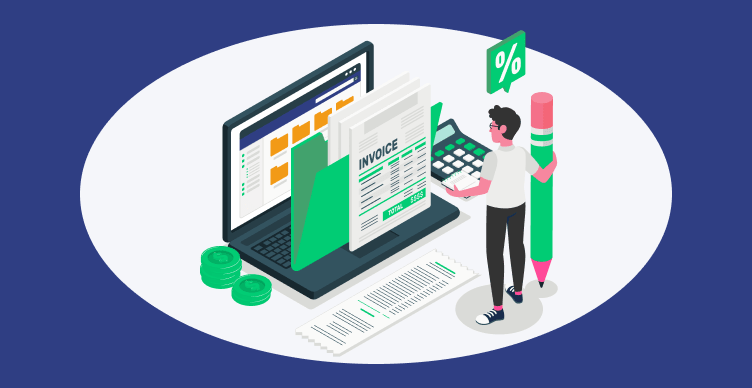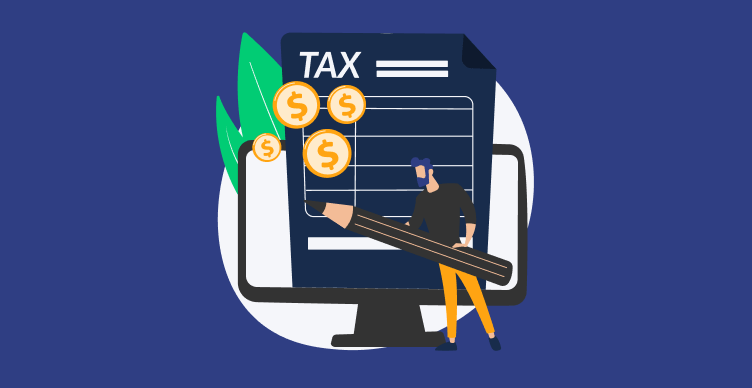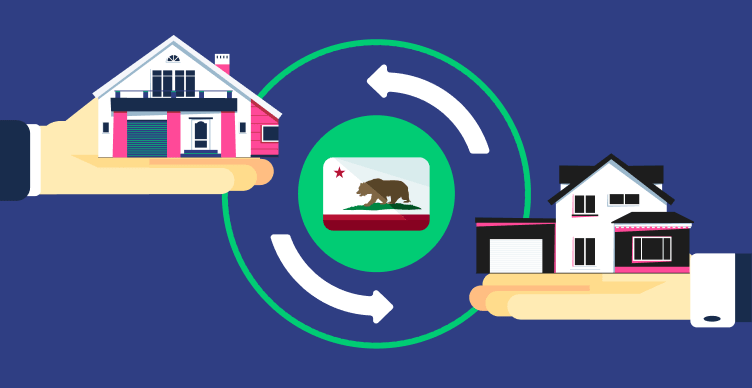The Prairie State is home to impressive properties with breathtaking views and picturesque landscapes.
This brings many opportunities for landlords, real estate investors, property managers, and property management businesses. However, it's crucial to know how property taxes work in Illinois to develop an efficient strategy.
How many times should property owners pay this tax per year? How is the amount calculated? Is there a legal way to lower these costs? Let's answer these questions!
Are you a landlord or property manager looking for software to improve your property management accounting and more? Schedule a free demo and see how DoorLoop can help you.
Understanding Different Types of Property Tax Bills in Illinois
Illinois has some of the highest property taxes in the U.S. This state heavily relies on them to fund local government, especially public education.
Also known as "ad valorem" tax, this type of local tax bill is imposed by local government taxing districts, including municipalities, school districts, and counties. Local officials, such as chief county assessment officers and township assessors, administer property taxes.
However, the property tax system is different in Cook County. We'll disclose more information about this later on.
How Many Times Do You Pay Property Tax a Year in Illinois?
In most counties, property taxes aren't paid annually but in two installments.
- First installment: June 1.
- Second installment: September 2.
When tax bills are mailed after May 1, property owners must pay the first installment 30 days after this date.
However, many county boards implement accelerated billing methods by ordinance or resolution. This is how installments work in Cook County:
- First installment: It's mailed by January 31 (55% of last year's tax bill) and due March 1.
- Second installment: It's mailed around June 30 (for the balance of taxes due) and due August 1.
Consequences of Late Payments
If you don't pay property taxes as required, a lien may be placed on your property. Essentially, it's a claim against your home or building and works as collateral for your debt. This lien is sold to recover delinquent taxes.
When you don't pay your taxes, but your property is residential, you could redeem it within two and one-half years of the sale date. However, this comes with penalties and other costs in addition to the amount of tax due.
Redemption periods are different for other types of properties, including agricultural and commercial ones. If you fail to redeem yours, you could lose it.
How to Pay a Property Tax Bill in Illinois
Each county has different ways to pay property tax bills, but there are often many.
In Lake County, property owners can make online payments at a specific point throughout the tax collection period. However, you can also pay your bills over the phone, in person, by mail, at a local bank, and more.
The Cook County Treasurer's Office allows property owners to use their bank accounts without an additional fee. Plus, there are other formats available, including four ways to pay early.
How Much is Property Tax in Illinois?
The average property tax rate in Illinois is 2.07%.
However, there are no set tax rates for property tax in Illinois. Therefore, it's essential to understand how this amount is calculated.
How Is Property Tax Calculated in Illinois?
If you live in this state, two elements influence your bill. These are your property's equalized assessed value (EAV) and how much money your local taxing districts need for next year's operations or levies.
Overall, most properties are assessed at 33.33% according to their fair market value.
However, this varies depending on the type of property. The assessment for farmland considers its agricultural economic value or ability to produce income.
Farm buildings are assessed at one-third of the value they contribute to farms' productivity, while farm home sites and dwellings are at one-third of their market value.
Cook County adopts a different system, assigning multiple assessment levels for different types of property according to their market value, ranging from 16% (residential properties) to 38% (commercial properties).
Other specific classes of property may be eligible for preferential assessment.
How Can I Lower My Property Taxes in Illinois?
Since Illinois property taxes are so high, homeowners wonder if there are legitimate ways to reduce this burden. Here are some recommendations to optimize your budget:
Appeal Your Property Assessment
Local governments are responsible for levying, collecting, and spending property taxes. Therefore, homeowners can start the appeal process with their county's board of review if they believe their property's assessment is unfair.
Investigate Exemptions and Tax Relief Programs
In addition, property owners who want to lower their taxes can consider the following exemptions. All of them can help you reduce your bills if you're eligible.
- General Homestead Exemption (GHE)
- Homestead Exemption for Persons with Disabilities
- Long-time Occupant Homestead Exemption (LOHE) (Cook County only)
- Veterans with Disabilities Exemption for Specially-Adapted Housing
- Standard Homestead Exemption for Veterans with Disabilities
- Homestead Improvement Exemption
- Natural Disaster Homestead Exemption
- Returning Veterans' Homestead Exemption
- Low-income Senior Citizens Assessment Freeze Homestead Exemption (SCAFHE)
- Senior Citizens Homestead Exemption
- Senior Citizens Real Estate Tax Deferral Program
- Non-homestead Exemptions for Religious, Charitable, or Educational Organizations
- The Property Tax Extension Limitation Law (PTELL)

Important Propositions for Real Estate Investors in Illinois
In Illinois, there are no voter-approved propositions affecting how property taxes are assessed.
However, in 2022, Governor Jay Robert "J.B." Pritzker signed legislation to ease this burden on certain residents, encouraging taxing districts to reduce their tax rate.
Conclusion
If you own a property in Illinois, understanding your tax obligations is essential. Keeping up with changing laws and making well-informed decisions can help you protect your investment and avoid unbearable financial burdens.
Do you still have questions about your property taxes? Contact a tax professional!
If you're looking for more tips on property management accounting, check out our whitepaper on the best tips for simplifying this complex process.












































































































.svg)





















